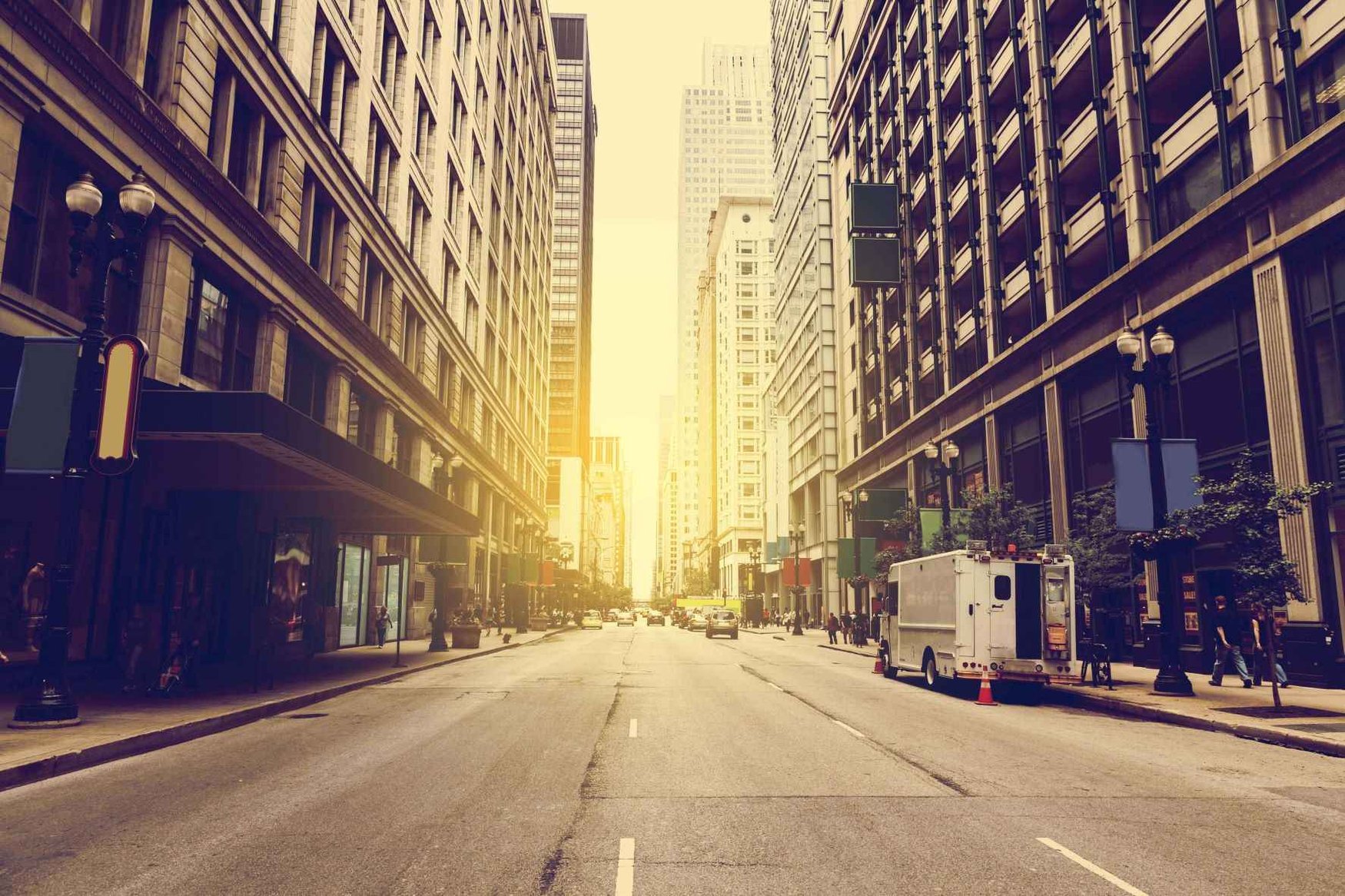Common Building Violations and Solutions in Chicago Building Construction

If not meticulous enough with the design and construction phases, building owners may find themselves embroiled in building violations. They may therefore appear before the administrative hearings for the Buildings Division in Chicago held at 400W Superior. This can be a traumatic experience; therefore, building owners should strive to comply with the Chicago’s building codes whenever designing and constructing their premises. Such violations may be avoided by involving MEP Engineers in every aspect of Chicago Building Process.
Let us help you avoid building violations
Why Follow Chicago’s Building Code?
Chicago’s Building Code serves as the advocate for public safety in all building constructions by setting the standards for repairs, maintenance and demolitions of buildings. These standards include all the provisions of the Chicago’s Municipal Codes pertaining to plumbing, constructions, electrical connections, zoning, sanitation, heating, and fire prevention. But, the provisions that are set forth by the city department other than the Department of Buildings are excluded by these codes.
If you follow the building code, you will survive the likelihood of hefty fines resulting from violations. Violations may differ with the extent of charges. Oftentimes, some violations may lead you in serious wrath of the justice system in Chicago, and in some cases you may lend in jail depending on the seriousness of the violation. For instance, if a certain structure is flagged to be noncompliant with the building code and then the tenant gets injured severely from the structure, the owner will be in hot water.
How does the Department of Buildings know about the violations?
Anyone can report you to the Department of Buildings using the 311 call or by filing a complaint online. The department will follow-up with the violation accusation and give you time to respond and fix them. Furthermore, the inspector will be sent to confirm the violations before further steps are taken. Should you fail to address the violations after 15 days, a court case will follow where you may be taken to administrative or civil court hearings. The whistleblower will be the witness in those hearings.
In the case of administrative hearings, a re-inspection of the building may be done to check if the owner has addressed the violations before heading to court. As the owner, you may have an attorney to negotiate with the department before going to court for a reasonable fine. In court, the administrative law officer may determine the hefty fines to the owner, and the owner may be instructed to address the violations to avoid further fines. Administrative hearings are held at 400W Buildings Division in Chicago while the civil court hearings are held at 50W Housing Division of Civil Court. Civil court hearings may be launched by either the department or the tenant if the violations affect them adversely. The judge may impose hefty fines and instruct you to address the violations.
Common Violations in Building Constructions in Chicago
- Constructing a building without a permit – Oftentimes, many building owners overlook the need to have permits and instead continue with constructions or extensions without permits. This can have serious repercussions if found as it may lead to unfavorable orders such as demolition of the unauthorized structures or incur huge hefty fines. Permits are costly to have; however, fines are significantly costly than the permits.
- Faulty smoke detectors – fire prevention is taken seriously in Chicago hence the enforcement of the building codes to ensure that owners include detectors in their structures. Heat and smoke detectors are important to have in your structures. Most importantly, the building code enforces that there should at least one smoke detector on each level in a high-rise building. Furthermore, the smoke detectors should not be installed in the kitchen as false alarms may be prevalent due to the frequency of smokes in the kitchen. Instead, they should be installed next to the kitchen.
- Improper ventilation in the bathroom – placing the bathroom fans in the attic is a violation as the fans should vent to the outside through the roof or the walls. Venting to the attic is ineffective in properly venting moisture and could lead to mildew accumulation which can subject the occupants to health hazards.
- No safety information regarding fire escapes – the building must have clear information about possible escapes should the fire break out. Installing fire sprinkler systems is an added bonus as it helps reduce the risk of fire to the occupants.
- Plumbing, mechanical or electrical work with no permits – Bureau of Development Services may hold you liable for such constructions without permits.
Solutions to common violations in Chicago Building Constructions
Oftentimes, building code violations are committed by inexperienced contractors or owners themselves for DIY constructions. MEP Engineers, for instance, are mandated to be familiar with building codes by their professions, and so violations of building codes by such professionals is uncommon. Perhaps the best way to avoid violations is to contract professionals in all construction administration tasks. They will be able to recommend the best steps to follow.
If you have committed violations already and are subject to impending court cases, you may fix them as soon as possible. It is not easy to detect the violations until someone brings them to your attention. Unfortunately, it is not always a case that kindhearted people remind you of the violations until you see a warning from the Department of Housing in Chicago.
Before pursuing any construction, make sure you familiarize yourself with Chicago Building Code so you can apply the recommendations. There should be a permit for any addition or edition to your structures. Plumbing and electrical works require permits too. Each building should have fire detectors for the safety of the occupants. There are smoke and heat detectors to install, and should regularly be maintained to ensure a smooth operation in the event of fire.
Wrap up!
Building constructions in Chicago come with lots of responsibilities to the owner especially with code violations in place. Owners should make sure that all constructions comply with the building codes and standards set forth. Failure to do that can incur huge costs as determined by the administrative or civil court depending on the extent of the violation.
Violations can also affect resale value of the building. Potential buyers will be reluctant to buy a building that is flagged with unresolved violations.

Michael Tobias
Michael Tobias, the Founding Principal of NY Engineers, currently leads a team of 50+ MEP/FP engineers and has led over 1,000 projects in the US
Join 15,000+ Fellow Architects and Contractors
Get expert engineering tips straight to your inbox. Subscribe to the NY Engineers Blog below.



